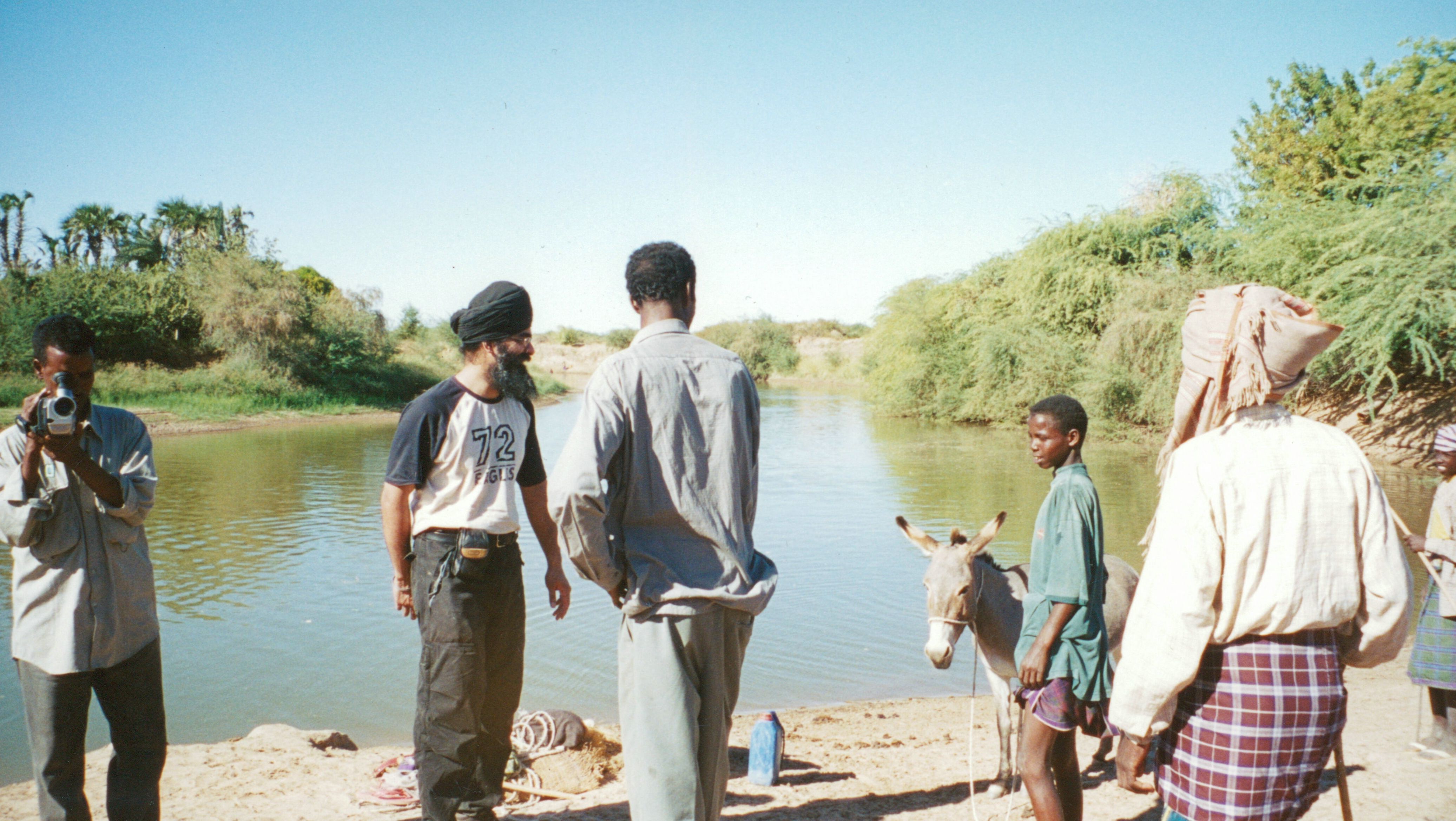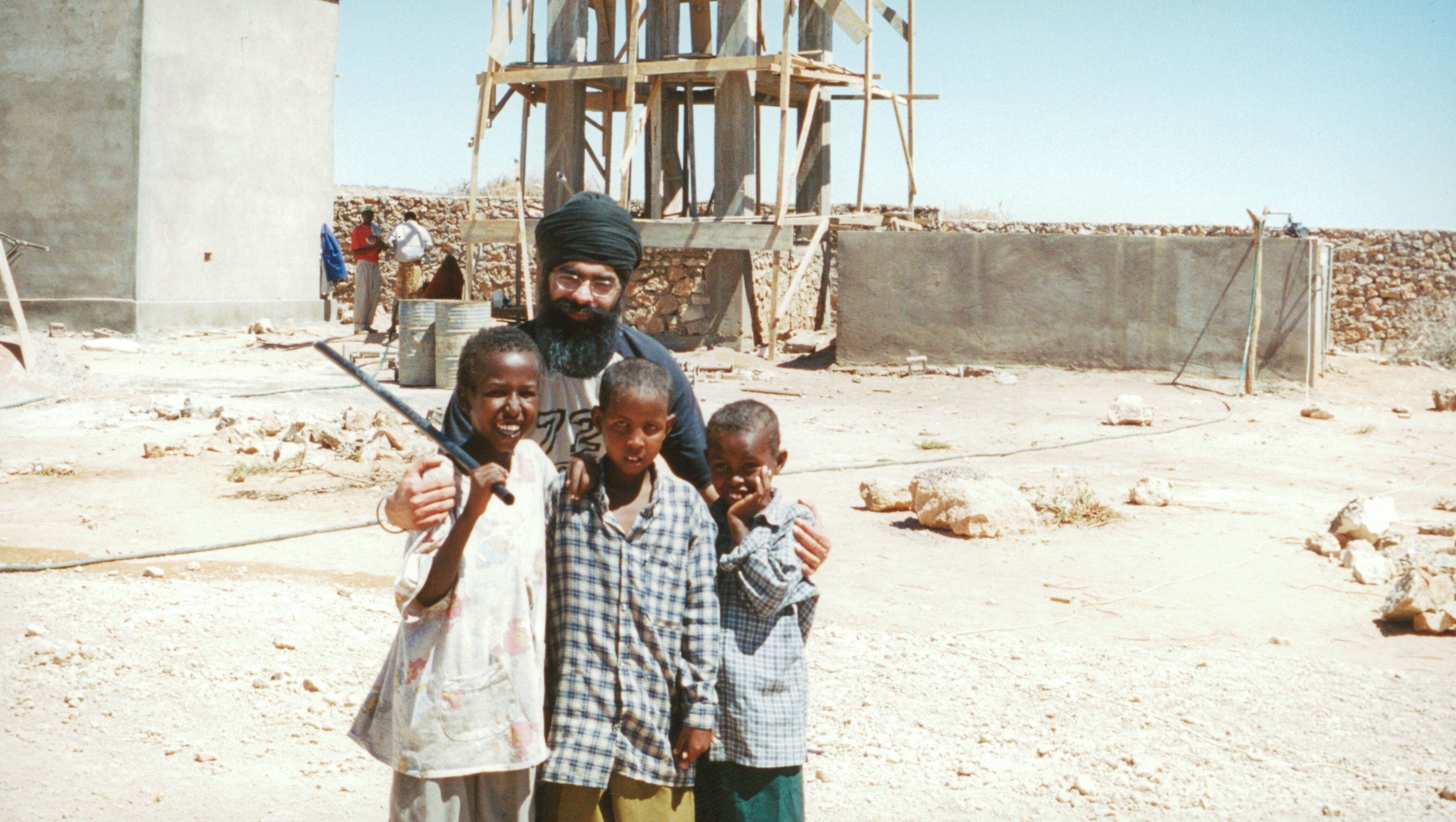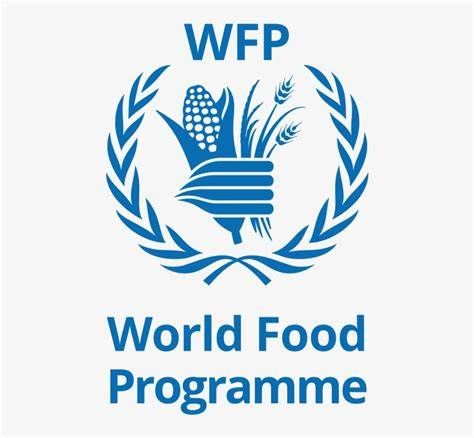Water Purification in Somalia
Summary
Sporadic deyr (seasonal) rains and lower than usual water levels affected the local population harshly in 2003. Flood irrigation farming was disrupted and washed away, and the rains were very poor in the coastal areas of the Juba regions.


How we have helped
Khalsa Aid arrived to Somalia to provide assistance. Upon landing in Somalia, the village elders informed the team that they had a very high rate of stomach-related illnesses due to drinking polluted water. The team met local World Food Program (WFP) agents who identified the need for clean drinking water. Khalsa Aid distributed a large supply of water to the local village and also coordinated the provision of medical assistance for people suffering from illnesses.
UN Sustainable Development Goals
This project supports the achievement of the following UN Sustainable Development Goals:


Collaborators
World Food Programme
[For Home]
The World Food Programme (WFP) is the largest humanitarian organization within the United Nations, addressing hunger and promoting food security worldwide. WFP’s mission is to save lives during emergencies and use food aid to build a pathway to peace, stability, and prosperity for those recovering from conflict, disasters, and the impact of climate change.
One of KA's biggest partners.
